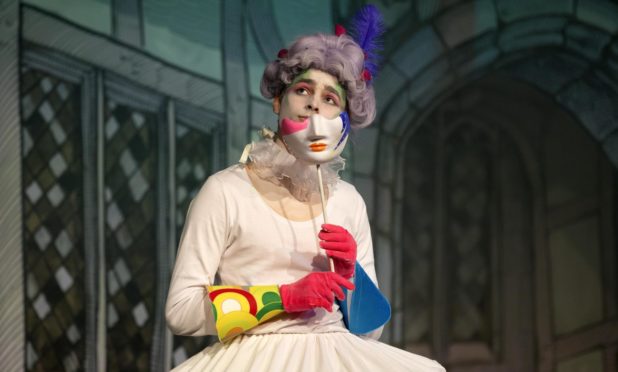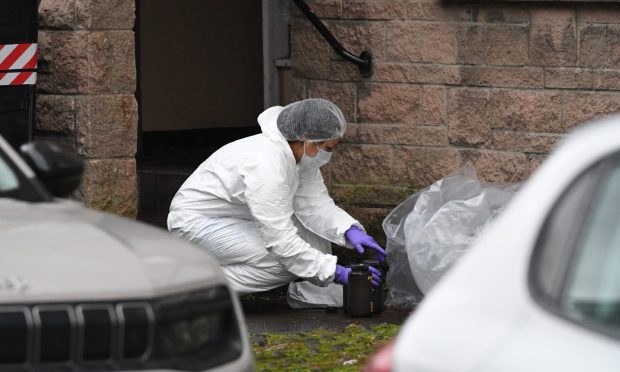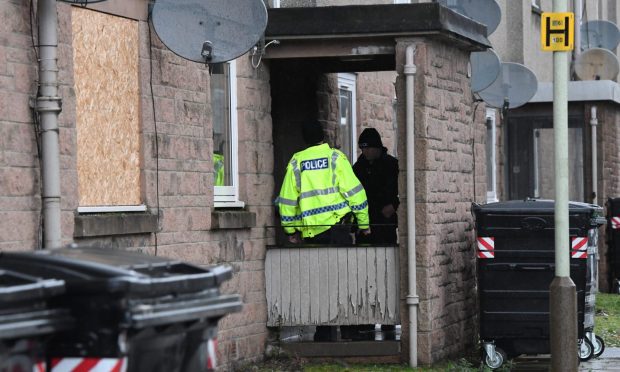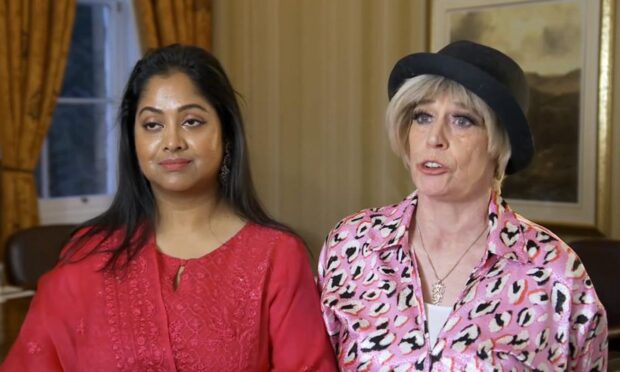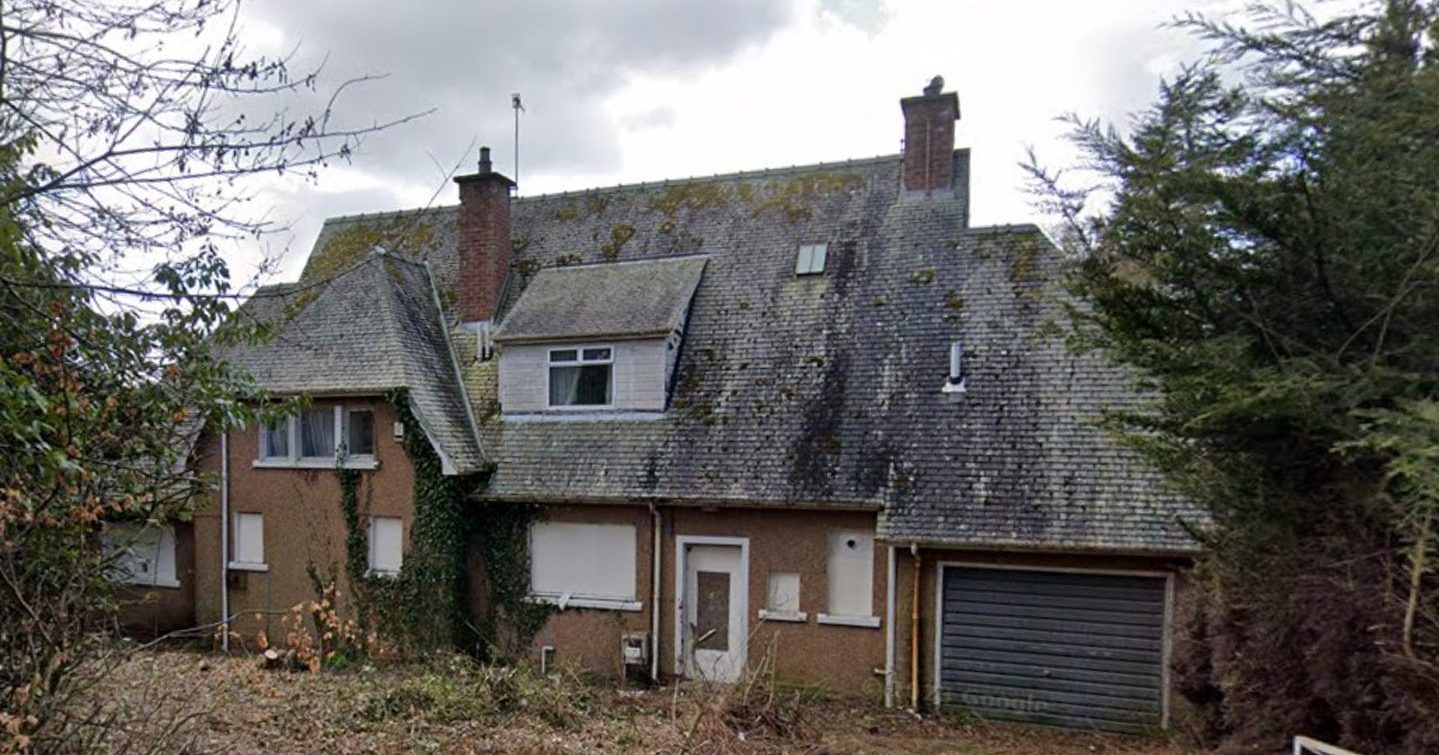A rarely seen play that was first staged in London 400 years ago, after an outbreak of the bubonic plague, has been given a timely revival at a Perthshire school.
The Ben Jonson-penned Epicene, also know as The Silent Woman, made its debut in 1609 when Britain’s theatres reopened following a pandemic.
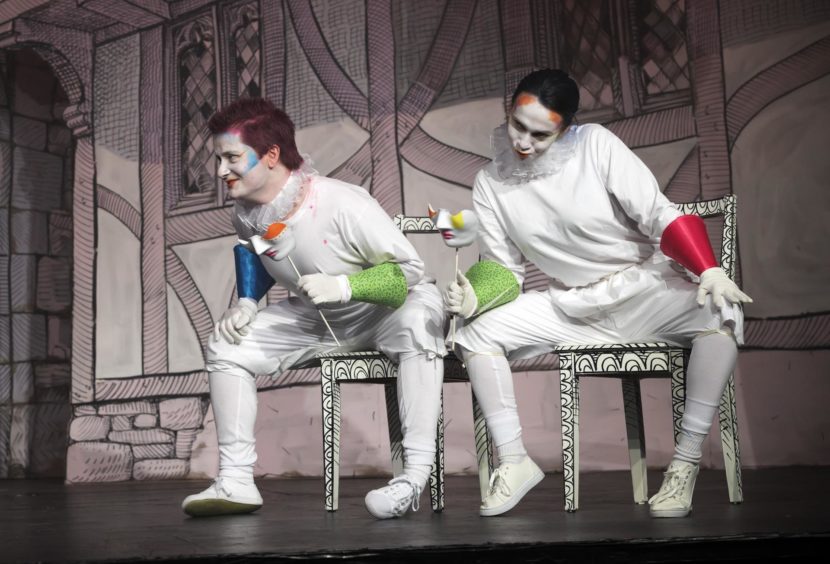
It has been brought back to the stage by Glenalmond College, one of the few schools which has managed to put on an end-of-year show.
Restrictions mean there is no live audience, and the performance – featuring adaptations of 80s synth-pop music – integrates social distancing and masks to comply with safety rules.

Online auditions began during remote learning in June. Glenalmond’s Director of Theatre Liz Moss said: “We’ve created a surreal world, blending a Renaissance aesthetic with a 1980s New Romantic look and sound.
“Both genres, though centuries apart, explored androgyny, so it seems to work. The electropop music and graphic neon makeup put a fun spin on the Jacobean text.”
She said: “The script, acting and backstage ways of working have all been adapted to meet social distancing constraints such as strict limits on the number of performers on the stage at any one time and to ensure our Covid-safe year group bubbles were kept physically distanced at all times.”
The plot on Sir Dauphine (played by Henry Ronaldson), a young aristocrat who is threatened whose uncle Morose (Matthew Bittle) is threatening to disinherit him, by marrying.
Dauphine hatches a plot to prevent this, by planting a stooge as Morose’s bride Epicene (Zac Gray), who comes across as a demure young woman. In reality, she is anything but.
Ms Moss said: “We’ve had to respond and adapt, but we have managed it. We’ve even inverted the classic Commedia half-mask, to create face coverings for the actors to use during the performance.”
